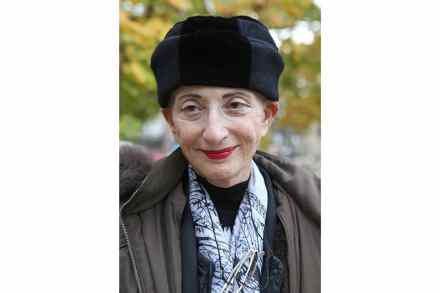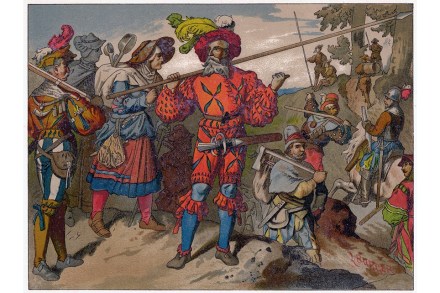Reworking Dickens: Demon Copperhead, by Barbara Kingsolver, reviewed
Putting new wine into old wineskins is an increasingly popular fictional mode. Retellings of 19th-century novels abound. Jane Austen inevitably leads the way, with Val McDermid’s Northanger Abbey, Alexander McCall Smith’s Emma, Joanna Trollope’s Sense and Sensibility, and no fewer than four recent adaptations of Pride and Prejudice. Dickens, too, has been updated, with Michael Rosen’s Bah Humbug and Lorie Langdon’s Olivia Twist. Now Barbara Kingsolver pitches in with a contemporary version of David Copperfield. Her Demon Copperhead is a russet-haired, mixed-race boy from the backwoods of South Virginia. His father died before he was born and his mother, like many of the novel’s characters, is addicted to opioids, leaving




















